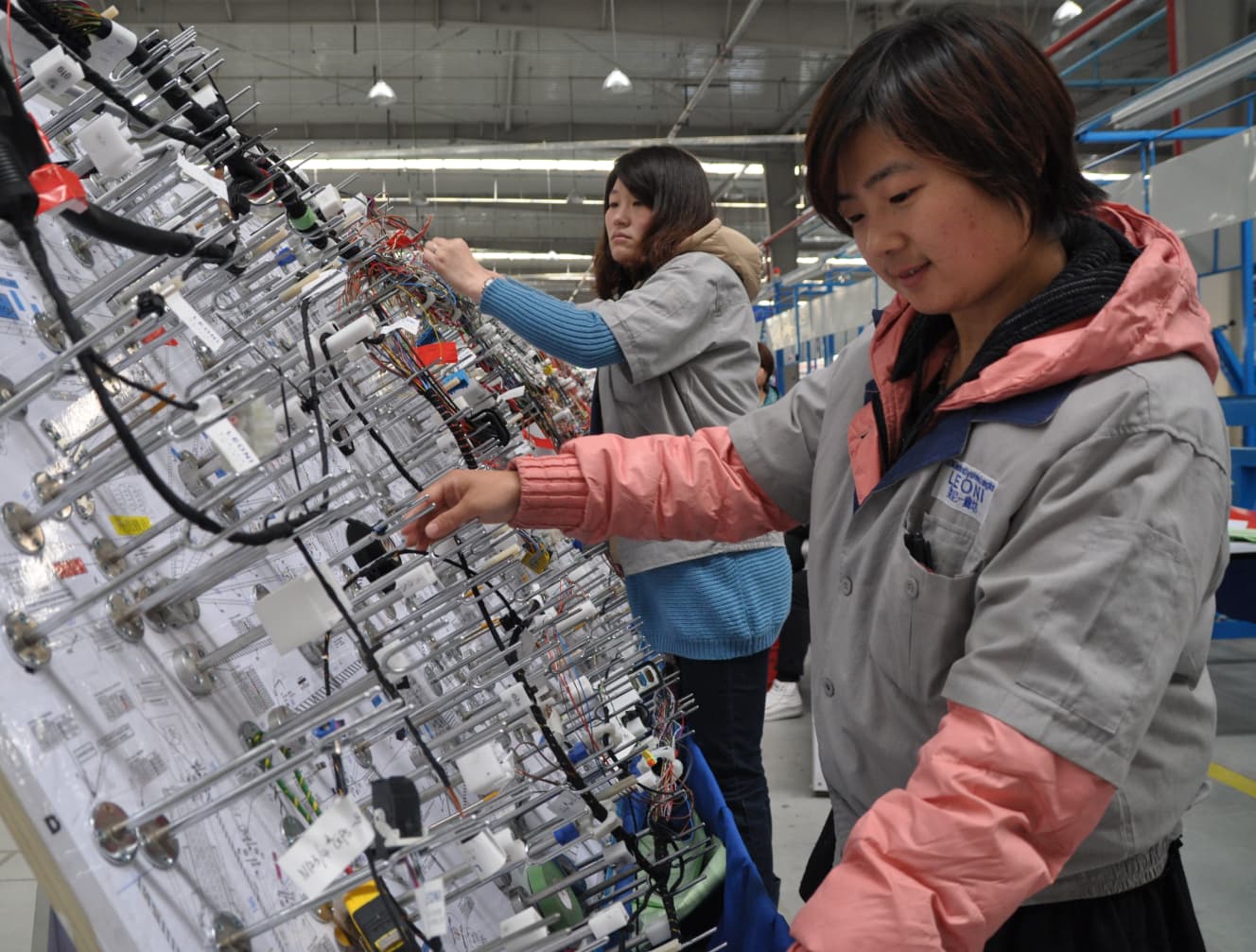The “Dangerous Effect” of the War in Ukraine on Japanese Car Makers

Russia’s invasion of Ukraine may have serious repercussions for Japanese automakers – and for Japanese automakers.
We can make cars without people and without tools, but we can’t do anything about parts.
Mr. A, who is engaged in production management at an automobile manufacturing plant in the Tokai region, laments that the plant where he works has had to suspend operations several times due to production adjustments.
We can’t make our customers wait any longer,” he says. If even one small part is missing, the automobile cannot be completed. Manufacturers are taking various measures, but ……. When there is a non-operation, employees are being given paid time off.”
One of the reasons for the delay in the production of new cars is the shortage of semiconductors. But recently, a shortage of another component has also had a significant impact on car production.
That is a component called a “wiring harness.
A wiring harness is, in other words, a bundle of wires. Although ordinary drivers rarely see them because they are not visible to the public, they are important parts that play a role similar to that of blood vessels and nerves in human beings. With the rapid electrification of automobiles in recent years, the demand for wiring harnesses is increasing worldwide.


Even today, the production of “wiring harnesses” is almost entirely done by hand, as the assembly process may differ from grade to grade, even for the same car model. Since it is a typical labor-intensive industry, many of them are produced in Eastern European countries such as Ukraine, where manufacturing costs are low. The Russian military invasion there has forced many factories to shut down operations.
It is said to take 3 to 10 months to relocate production bases, and it is also very difficult to divert “wiring harnesses” produced for other vehicles.
German car manufacturers, which had many production bases in Ukraine, were the ones most affected by the invasion. The “Porsche Production Suspension Schedule,” obtained independently, shows that most Porsches have been forced to stop production since the beginning of March.

It is likely that this will have an impact on Japan as well.
Most of the ‘wiring harnesses’ for Japan are produced at factories in Vietnam, Indonesia, and other countries. Therefore, the direct impact of the invasion of Ukraine was thought to be minimal. However There is no doubt that the absolute number of “wire harnesses” will be in short supply as a result of the plant shutdown in Ukraine.
Thanks to the corporate efforts of manufacturers, we have so far managed to avoid supply problems, but if the war drags on and a re-emergence of the Corona epidemic occurs, we will be forced to cut back on the number of wire harnesses we supply. There is a non-zero possibility that Japanese automakers will run out of ‘wiring harnesses'” (employee of a major parts manufacturer).
Even before the invasion of Ukraine, the shortage of semiconductors and the Corona disaster had made it difficult to procure parts in Japan. This had led to significant delays in the delivery of new cars. The new Land Cruiser 300, announced last August, has been waiting up to four years for delivery, and the Suzuki Jimny, released three years ago, is still taking more than a year to be delivered.
On March 18, Toyota Motor Corporation, which had been working to recover from the parts shortages caused by the Corona disaster, announced that it was going to cut its global production plan for the period from April to June, and that it would start production in June. The company announced that it would lower its
The company said that it will establish a healthy work environment with top priority on safety and quality, while also taking into consideration the personnel structure and facility capacity of suppliers. Specifically, global production for April will be lowered by 150,000 units to 750,000 units from the 900,000 units planned at the beginning of the year. Global production for April through June will average about 800,000 units per month.
Other major Japanese automakers besides Toyota have also announced measures to protect their supply chains, which supply parts, from being hit by the Corona disaster and the invasion of Ukraine.
Note that the supply of new cars has been slow, resulting in an unprecedented boom in used cars these days, with the average bid price per used car exceeding 1,000,000 yen. Those who are currently waiting for delivery of their cars are likely to be forced to be patient.
Interview and text: Kumiko Kato, Automotive Journalist